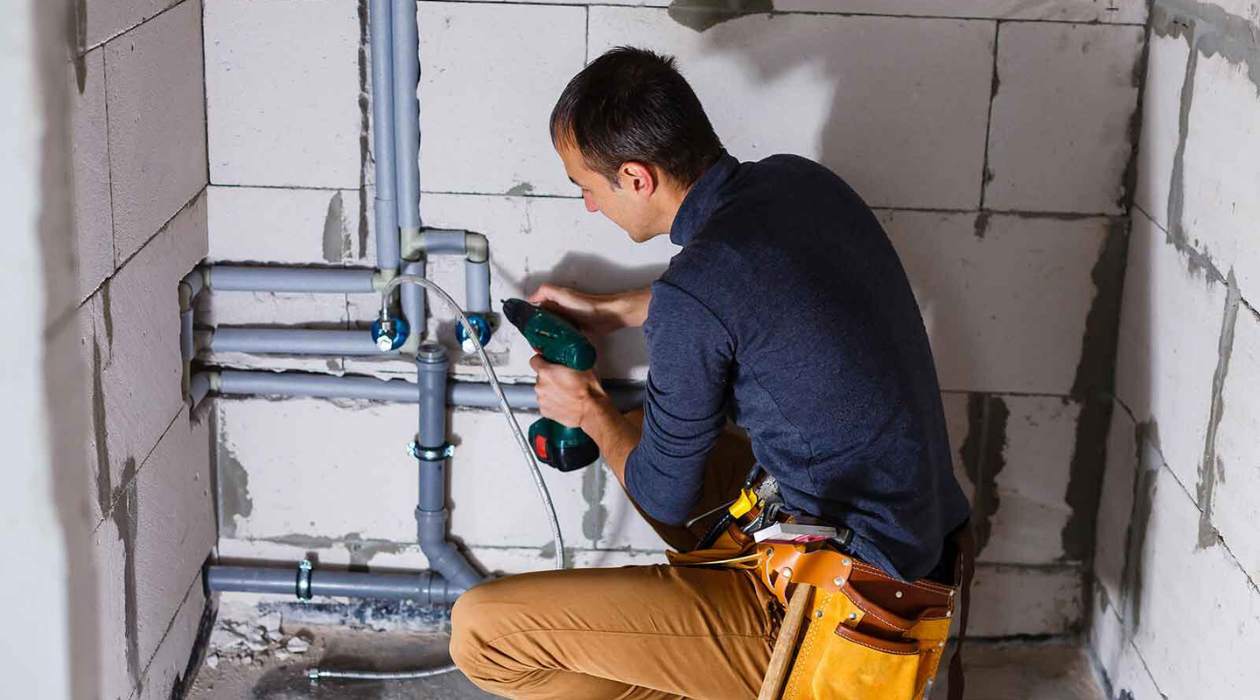

Articles
What Is Plumbing?
Modified: March 2, 2024
Find informative articles about plumbing and learn what it entails. Explore various aspects of this essential trade and enhance your knowledge.
(Many of the links in this article redirect to a specific reviewed product. Your purchase of these products through affiliate links helps to generate commission for Storables.com, at no extra cost. Learn more)
Introduction
Welcome to the fascinating world of plumbing! While it may not be the first thing that comes to mind when thinking about essential infrastructure, plumbing plays a vital role in our everyday lives. From providing clean water for drinking, bathing, and cooking to safely removing waste from our homes and buildings, plumbing keeps our modern society running smoothly.
In this article, we will take a deep dive into the world of plumbing, exploring its definition, history, components, types of systems, and the important role it plays in our lives. We will also discuss the responsibilities of plumbers, common plumbing problems, and provide you with some tips for maintaining a healthy plumbing system.
So, get ready to discover everything you need to know about plumbing and gain a newfound appreciation for the intricate systems that keep our homes and cities functioning.
Key Takeaways:
- Plumbing is an essential part of modern life, providing clean water, sanitation, and comfort. Its rich history and evolution have led to significant advancements, ensuring the well-being of individuals and communities.
- Plumbers play a vital role in maintaining the functionality and safety of plumbing systems. Regular maintenance and prompt attention to common plumbing problems are crucial for preserving the health and efficiency of plumbing systems.
Read more: What Is A Stoppage In Plumbing
Definition of Plumbing
Plumbing refers to the system of pipes, fixtures, and other devices used to convey fluids, typically water, for various purposes within buildings and infrastructure. It encompasses a wide range of activities, including the installation, maintenance, and repair of water supply and waste management systems.
At its core, plumbing involves the transportation of water to and from different points within a building, ensuring a safe and efficient flow. This includes delivering clean and potable water for drinking, as well as supplying water for various activities such as bathing, cooking, and cleaning.
In addition to water supply, plumbing also encompasses the removal and disposal of waste water and sewage. It involves the installation and maintenance of drainage systems that safely carry waste materials away from buildings, preventing the accumulation of waste and the spread of harmful bacteria and diseases.
Plumbing systems are designed to be durable and reliable, with an emphasis on maintaining the health and safety of individuals and the community. They must adhere to strict regulations and building codes to ensure proper functionality and sanitation.
Plumbing is an essential aspect of modern society, and its importance cannot be overstated. Without plumbing, we would not have easy access to clean water or efficient waste disposal, leading to unsanitary conditions, health risks, and disruption of daily activities.
Now that we have a clear understanding of what plumbing entails, let us delve into its intriguing history and evolution over time.
History of Plumbing
The history of plumbing can be traced back to ancient civilizations that recognized the need for a reliable water supply and efficient waste management systems. Some of the earliest evidence of plumbing can be found in ancient Mesopotamia, where copper pipes were used to transport water as far back as 4000 BCE.
As civilizations advanced, so did their plumbing systems. The ancient Egyptians constructed intricate irrigation systems to divert water from the Nile River for agriculture. The Romans, renowned for their engineering prowess, developed a comprehensive network of aqueducts, pipes, and public baths.
During the Middle Ages, plumbing and sanitation systems faced various challenges due to the decline of Roman infrastructure. However, advances in plumbing resurfaced during the Renaissance period, with notable contributions from Leonardo da Vinci, who designed several innovative plumbing systems.
The Industrial Revolution in the 18th and 19th centuries brought significant advancements in plumbing technology. Cast iron pipes replaced previous materials, and the invention of the flush toilet by Sir John Harrington revolutionized waste disposal. The introduction of indoor plumbing in the 19th century improved hygiene and sanitation standards dramatically.
In the 20th century, plumbing technology continued to evolve rapidly. Plastic pipes, such as PVC and PEX, were introduced, offering increased durability and flexibility. Modern plumbing systems incorporated innovations like water heaters, pressure regulators, and efficient fixtures to conserve water.
Today, plumbing systems have reached new heights of sophistication and efficiency. Emerging technologies, such as smart plumbing systems, are revolutionizing water management and conservation. These systems monitor water usage, detect leaks, and optimize water flow to reduce waste and increase sustainability.
The history of plumbing is a testament to human ingenuity and the continuous quest for improved sanitation and comfort. Without the advancements in plumbing throughout history, our modern way of life would be unimaginable.
Now that we have explored the history of plumbing, let us delve into the components that make up a plumbing system and how they work together.
Components of a Plumbing System
A plumbing system consists of various components working together to deliver clean water and remove waste. Understanding these components is essential for comprehending how a plumbing system functions. Let’s explore the key elements of a plumbing system:
- Water Supply Pipes: These pipes are responsible for delivering clean and potable water to the building. They are typically made of materials like copper, PEX, or PVC and connect to the main water source.
- Fixtures: Fixtures are the outlets where water is used, such as faucets, showers, toilets, and sinks. They are connected to the water supply pipes and equipped with valves and controls to regulate water flow.
- Drainage System: The drainage system consists of pipes that carry waste water and sewage away from the building. These pipes are inclined to allow gravity to assist in the flow and connect to the main sewer line or a septic tank.
- Vents: Vents are pipes that allow air to enter the plumbing system, which helps maintain equal pressure and ensures smooth drainage. They prevent suction in drainpipes, which can cause traps to empty or slow down drainage.
- Traps: Traps are curved sections of pipe located below fixtures that retain a small amount of water. The water in traps forms a seal, preventing foul odors and sewer gases from entering the building.
- Water Heater: A water heater is responsible for heating and storing hot water for various uses, such as bathing, cleaning, and washing dishes. Common types of water heaters include tankless, storage tank, and heat pump water heaters.
- Pump Systems: In some cases, pump systems are used to increase water pressure or facilitate the movement of waste when gravity alone is not sufficient. Examples include sump pumps, well pumps, and booster pumps.
- Valves: Valves play a crucial role in regulating water flow throughout the plumbing system. They are used to control water supply to fixtures, shut off water during repairs or emergencies, and control the direction of water flow.
These are just a few of the essential components that make up a plumbing system. Each component serves a specific purpose and works together to ensure the efficient and safe delivery of water and the removal of waste.
Now that we have explored the components, let’s dive into the different types of plumbing systems commonly found in residential and commercial buildings.
Types of Plumbing Systems
Plumbing systems can vary depending on the building’s structure, purpose, and geographical location. Let’s explore some of the common types of plumbing systems:
- Potable Water System: This system provides clean and safe water for consumption. It includes the water supply pipes, fixtures, and water treatment processes to ensure the water meets the required standards of potability.
- Drainage and Waste System: The drainage and waste system carries waste water and sewage away from the building. It consists of pipes, traps, vents, and a main sewer line or septic tank to safely dispose of waste materials.
- Stormwater Drainage System: In areas prone to heavy rainfall, a stormwater drainage system is essential to prevent flooding. This system includes gutters, downspouts, and underground pipes that collect and divert rainwater away from the building.
- Gas Plumbing System: Gas plumbing systems are responsible for delivering natural or propane gas to appliances like stoves, heaters, and fireplaces. The system includes gas lines, valves, and regulators to ensure safe and efficient gas distribution.
- Fire Sprinkler System: Fire sprinkler systems are designed to suppress or extinguish fires in commercial buildings. These systems consist of a network of sprinkler heads connected to a water supply and are activated when a fire is detected.
- Irrigation System: Irrigation systems are used to provide water to gardens, lawns, and agricultural fields. These systems typically include pipes, valves, sprinklers, or drip emitters to distribute water efficiently and conserve resources.
- Septic System: In areas without access to a municipal sewer line, septic systems are used to treat and dispose of waste water. These systems include a septic tank that separates solids from liquids and a drain field that filters and disperses the liquid waste into the ground.
- Graywater Recycling System: Graywater recycling systems collect and treat household wastewater from sources like showers, sinks, and laundry machines. The treated water is then reused for purposes like toilet flushing and irrigation.
Each type of plumbing system serves a specific function and is designed to meet the unique requirements of different buildings and environments. It is essential to select the appropriate plumbing system based on the specific needs and regulations of the project.
Now that we have explored the different types of plumbing systems, let’s move on to understanding the importance of plumbing in our daily lives.
Regular maintenance of your plumbing system can help prevent costly repairs and extend the lifespan of your pipes and fixtures. This includes checking for leaks, clearing clogs, and inspecting for any signs of damage.
Read more: What Is A Rough In Plumbing
Importance of Plumbing
Plumbing is an integral part of our daily lives, providing us with essential services that we often take for granted. Here are some key reasons why plumbing is of utmost importance:
- Access to Clean Water: Plumbing systems enable us to access clean and potable water for everyday activities like drinking, cooking, and personal hygiene. Without reliable plumbing, access to safe water would be a significant challenge, leading to numerous health risks.
- Sanitation and Hygiene: Proper plumbing systems ensure the hygienic removal of waste water and sewage from our homes and buildings. They prevent the accumulation of waste, minimizing the risk of contamination, foul odors, and the spread of diseases or harmful bacteria.
- Convenience and Comfort: Plumbing systems provide us with the convenience of indoor plumbing, allowing us to access water whenever and wherever we need it. This convenience enhances our quality of life and contributes to overall comfort and well-being.
- Fire Protection: Fire sprinkler systems, a specialized branch of plumbing, play a crucial role in protecting lives and property in the event of a fire. They help suppress or extinguish fires, saving lives and minimizing property damage.
- Environmental Conservation: Plumbing systems can incorporate various water-saving technologies such as low-flow fixtures and graywater recycling systems. These innovations promote water conservation, reducing water waste and our impact on the environment.
- Public Health: Properly functioning plumbing systems contribute to public health by preventing the spread of waterborne diseases and ensuring a hygienic living environment. Adequate plumbing in hospitals and healthcare facilities is particularly critical for infection control and patient care.
- Residential and Commercial Value: Buildings equipped with reliable and efficient plumbing systems tend to have higher property values and are more appealing to potential buyers or tenants. Good plumbing infrastructure is considered an essential feature in residential and commercial properties.
- Emergency Preparedness: Plumbing systems equipped with shut-off valves allow for quick and effective response in case of plumbing emergencies, such as a burst pipe or leaking fixture. These measures help prevent further damage and reduce the risk of water-related incidents.
Plumbing plays a vital role in our lives, ensuring our well-being, comfort, and convenience. It is an essential aspect of modern civilization, enabling us to live in healthier, more sustainable, and functional environments.
Now that we understand the importance of plumbing, let’s explore the role and responsibilities of the professionals who ensure the proper functioning of plumbing systems: plumbers.
Roles and Responsibilities of Plumbers
Plumbers are skilled professionals who specialize in the installation, maintenance, and repair of plumbing systems. They play a crucial role in ensuring the proper functioning of water supply, waste disposal, and other plumbing-related tasks. Here are some key roles and responsibilities of plumbers:
- Installation and Repair: Plumbers are responsible for installing new plumbing systems in residential, commercial, and industrial buildings. This includes connecting pipes, fixtures, and appliances, ensuring proper functionality. They also diagnose and repair plumbing issues, such as leaks, clogs, or faulty components.
- Maintenance and Inspections: Plumbers conduct routine maintenance checks to ensure the ongoing efficiency and safety of plumbing systems. They inspect pipes, fixtures, drains, and other components, identifying any potential issues and taking preventive measures to avoid future problems.
- Upgrading and Retrofitting: As technology advances and new plumbing innovations emerge, plumbers are responsible for upgrading and retrofitting existing plumbing systems. This may include installing water-efficient fixtures, improving water heating systems, or incorporating sustainable plumbing solutions.
- Emergency Services: In case of plumbing emergencies like burst pipes, leaks, or sewer backups, plumbers provide immediate response and repair services. They are available round the clock to address urgent plumbing issues and minimize property damage.
- Pipe and Sewer Line Inspection: Plumbers utilize advanced tools and techniques to inspect pipes and sewer lines for damage, blockages, or leaks. They may use video cameras, hydro jetting, or other specialized equipment to identify and address issues without causing extensive damage to the plumbing system.
- Collaboration and Communication: Plumbers often work in collaboration with other professionals, such as architects, contractors, and engineers, to ensure proper coordination during construction or renovation projects. They communicate effectively with clients, offering guidance, answering questions, and providing cost estimates.
- Knowledge of Plumbing Codes and Regulations: Plumbers must have a comprehensive understanding of plumbing codes and regulations specific to the jurisdiction they operate in. They ensure that all installations and repairs comply with these codes, ensuring safety and proper functioning of the plumbing system.
- Continuous Education and Skill Development: Plumbing technology and practices evolve over time. Plumbers invest in ongoing education and stay updated with the latest industry trends, advancements, and techniques. This enables them to deliver high-quality services and adapt to changing plumbing requirements.
Plumbers play a vital role in maintaining the functionality and safety of plumbing systems. Their expertise, skills, and dedication ensure that buildings have reliable access to clean water and efficient waste disposal, contributing to the overall well-being of individuals and communities.
Now that we understand the important role of plumbers, let’s explore some common plumbing problems that homeowners may encounter.
Common Plumbing Problems
Plumbing problems can be an inconvenience and disrupt the normal functioning of our homes. Knowing some of the common issues can help homeowners identify and address them promptly. Here are a few of the most common plumbing problems:
- Leaky Faucets: A dripping faucet is not only annoying but can also waste a significant amount of water over time. It is usually caused by a worn-out washer or valve that needs to be replaced.
- Clogged Drains: Clogged drains are a frequent issue in households. They can be caused by a build-up of hair, soap residue, food particles, or foreign objects in the pipes. Regular maintenance and being mindful of what goes down the drains can prevent clogs.
- Running Toilets: A running toilet can waste a considerable amount of water and increase your water bill. It is often caused by a faulty flapper valve or a problem with the fill valve and can usually be fixed by replacing these components.
- Low Water Pressure: If you’re experiencing weak water flow from your faucets or showerheads, it could be due to mineral build-up in the pipes, a problem with the pressure regulator, or a leak somewhere in the system. A plumber can diagnose the issue and restore proper water pressure.
- Water Heater Issues: Water heaters may encounter problems like insufficient hot water, fluctuating water temperatures, or leaks. These issues can be attributed to faulty heating elements, malfunctioning thermostats, sediment build-up, or an aging water heater requiring replacement.
- Sewer Line Blockages: Blockages in the main sewer line can cause wastewater backups, foul odors, and slow draining in multiple fixtures. Tree root intrusion, debris accumulation, or collapsed pipes are common causes of sewer line blockages that require professional intervention.
- Burst Pipes: Freezing temperatures, aging pipes, or excessive water pressure can cause pipes to burst, leading to extensive water damage. If you notice a sudden loss of water pressure, damp spots, or an unexplained increase in your water bill, it may indicate a burst pipe.
- Garbage Disposal Problems: Issues with garbage disposals can result from putting the wrong types of food waste down the unit, overloading it, or mechanical malfunctions. Jammed blades, clogs, or strange noises are common signs of garbage disposal problems.
While some plumbing problems can be resolved with DIY solutions, it is often advisable to seek professional help, especially for complex issues or those requiring specialized tools and expertise. Promptly addressing plumbing problems can prevent further damage, save water, and ensure the smooth functioning of your plumbing system.
Now that we have discussed some common plumbing problems, let’s explore some maintenance tips to keep your plumbing system in good condition.
Plumbing Maintenance Tips
Regular maintenance of your plumbing system is essential to prevent costly repairs, ensure its longevity, and maintain the efficiency of water usage. Here are some essential plumbing maintenance tips to keep your system in good condition:
- Keep Drains Clear: Avoid pouring grease, oil, or food scraps down the drains, as they can clog the pipes. Use drain covers or screens to catch hair and debris and clean them regularly.
- Be Mindful of Water Usage: Conserve water by fixing leaky faucets and running toilets promptly. Also, consider installing water-efficient fixtures and appliances, such as low-flow showerheads and dual-flush toilets.
- Inspect for Leaks: Regularly check for signs of leaks, such as water stains, damp spots, or mold growth. Addressing leaks early can prevent water damage and save you money on your water bill.
- Prevent Frozen Pipes: In colder climates, insulate exposed pipes and disconnect outdoor hoses before winter to prevent freezing and potential pipe bursts. Allow faucets to drip during freezing temperatures to relieve pressure in the pipes.
- Avoid Chemical Drain Cleaners: Chemical drain cleaners may provide a quick fix for clogs, but they can damage your pipes over time. Instead, use natural alternatives like baking soda and vinegar or consider using a plumber’s snake or drain auger.
- Flush the Water Heater: To remove sediment buildup and improve the efficiency of your water heater, flush it annually. Follow the manufacturer’s instructions or consult a plumber for proper flushing techniques.
- Test Sump Pump Regularly: If you have a sump pump installed in your basement, test it periodically to ensure it is in working order. Pour water into the sump pit and check if the pump activates and water is properly discharged.
- Have Regular Professional Inspections: Schedule regular plumbing inspections by a licensed plumber. They can identify potential issues, perform preventative maintenance, and offer expert guidance on keeping your plumbing system in optimal condition.
- Educate Household Members: Teach family members about responsible water usage habits and how to identify and report any plumbing issues. Encourage everyone to be mindful of what goes down the drains and to promptly report any leaks or unusual plumbing symptoms.
- Know Your Main Water Shut-Off Valve: Locate and familiarize yourself with the main water shut-off valve in your home. In case of a plumbing emergency, shutting off the main water supply quickly can prevent water damage until professional help arrives.
Following these plumbing maintenance tips can help you avoid plumbing emergencies, prolong the lifespan of your system, and save money on repairs and water bills. Remember, a little proactive maintenance goes a long way in preserving the health and efficiency of your plumbing system.
Now that we have discussed plumbing maintenance, let’s wrap up this article with a summary of what we’ve covered.
Read more: What Is Plastic Plumbing
Conclusion
Plumbing is an essential aspect of our modern lives, providing us with clean water for drinking, bathing, and cooking while ensuring the safe and efficient disposal of waste. It has a rich history dating back to ancient civilizations, and its evolution over time has brought about significant advancements in technology and infrastructure.
In this article, we have explored the definition of plumbing and its components, including water supply systems, fixtures, drainage systems, and more. We have also discussed the different types of plumbing systems commonly found in residential and commercial buildings, highlighting their unique functions and requirements.
We have underscored the importance of plumbing in our daily lives, emphasizing its role in providing us with access to clean water, ensuring sanitation and hygiene, and promoting overall comfort and convenience. We have also explored the vital role that plumbers play in installing, maintaining, and repairing plumbing systems, as well as their responsibilities in adhering to plumbing codes and regulations.
Additionally, we have outlined common plumbing problems that homeowners may encounter, such as leaky faucets, clogged drains, and water heater issues. We have also provided valuable plumbing maintenance tips to help homeowners keep their plumbing systems in optimal condition, including regular inspections, being mindful of water usage, and addressing leaks promptly.
By understanding the intricacies of plumbing and taking care of our plumbing systems, we can ensure the efficient functioning of our homes and buildings while promoting water conservation and contributing to the well-being of our communities.
So, the next time you turn on the faucet or flush the toilet, take a moment to appreciate the marvels of modern plumbing that make it all possible.
Frequently Asked Questions about What Is Plumbing?
Was this page helpful?
At Storables.com, we guarantee accurate and reliable information. Our content, validated by Expert Board Contributors, is crafted following stringent Editorial Policies. We're committed to providing you with well-researched, expert-backed insights for all your informational needs.
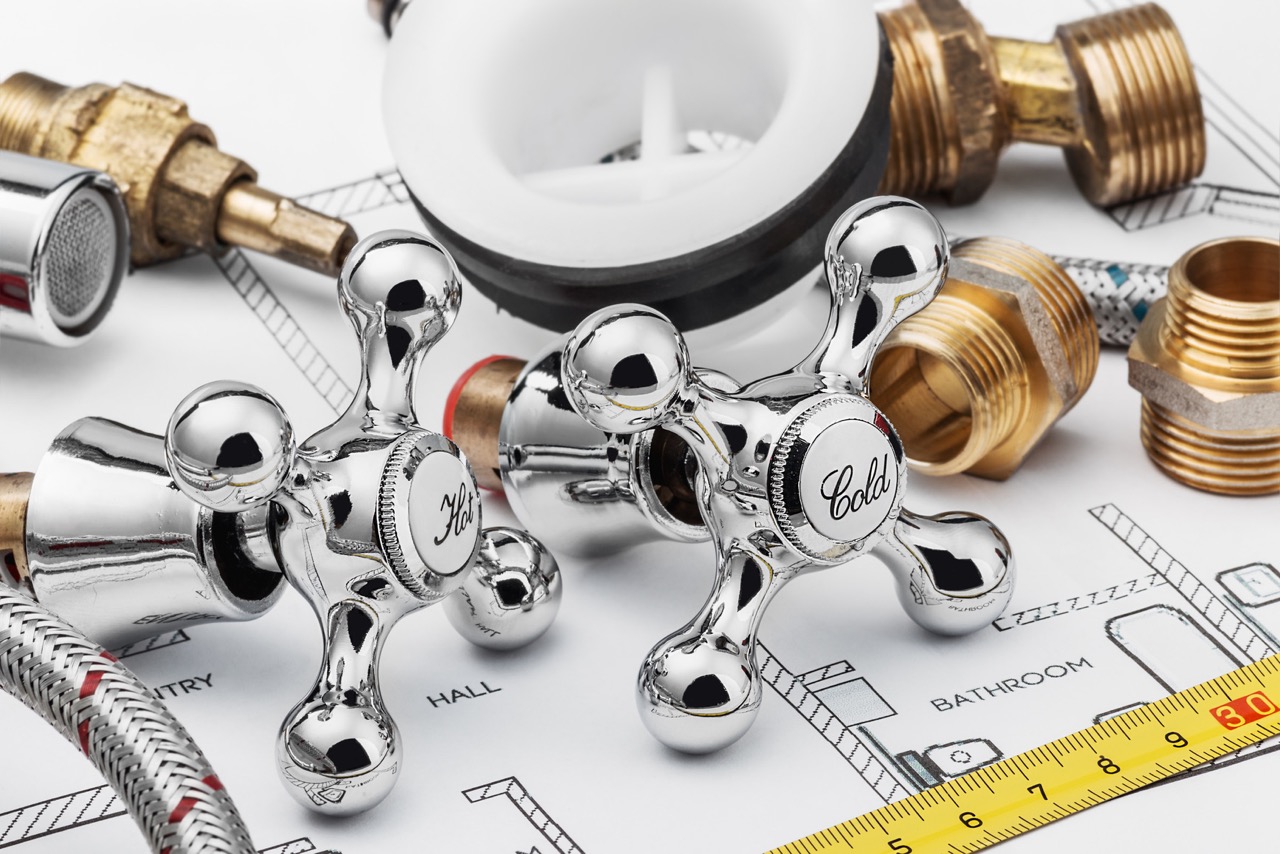
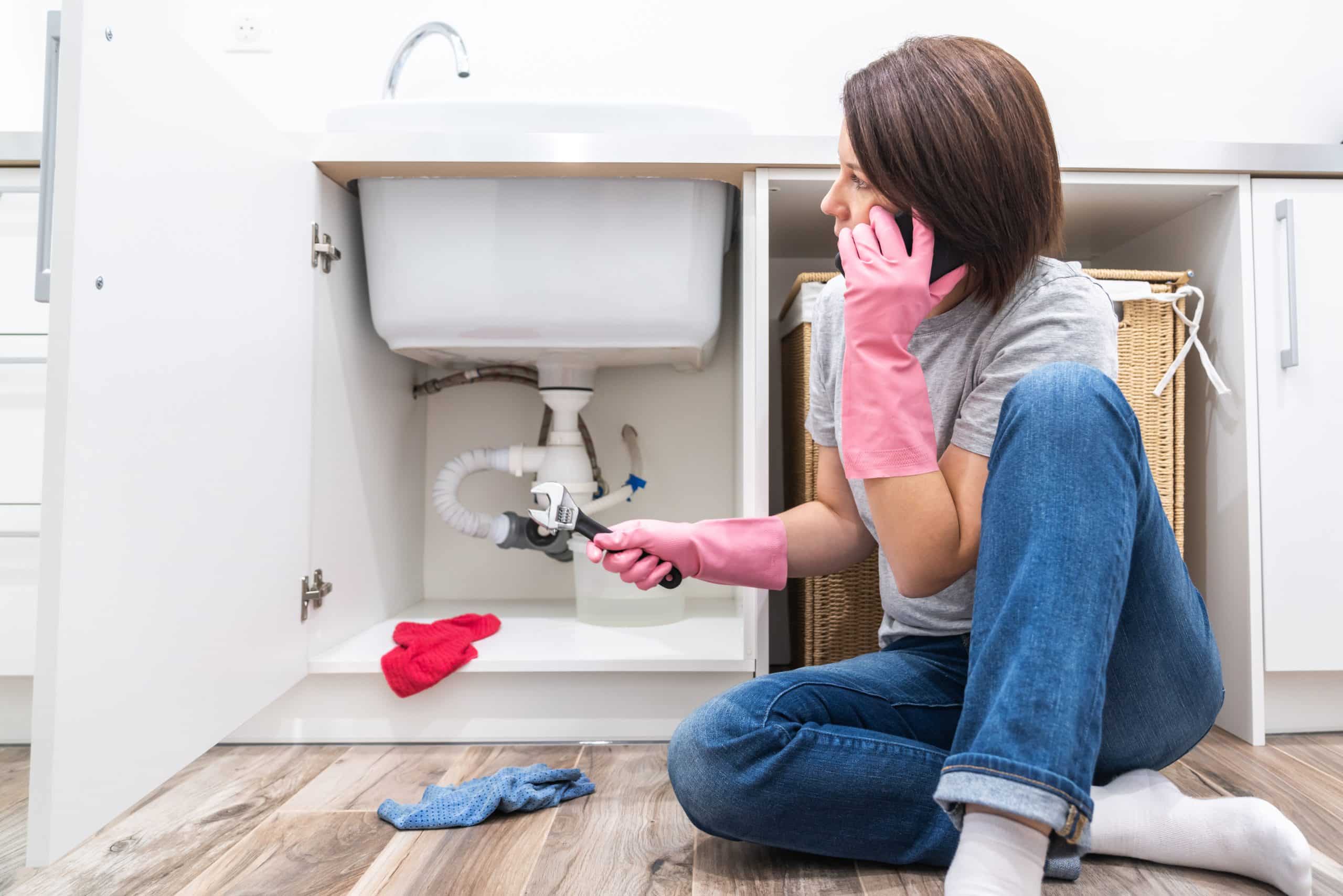

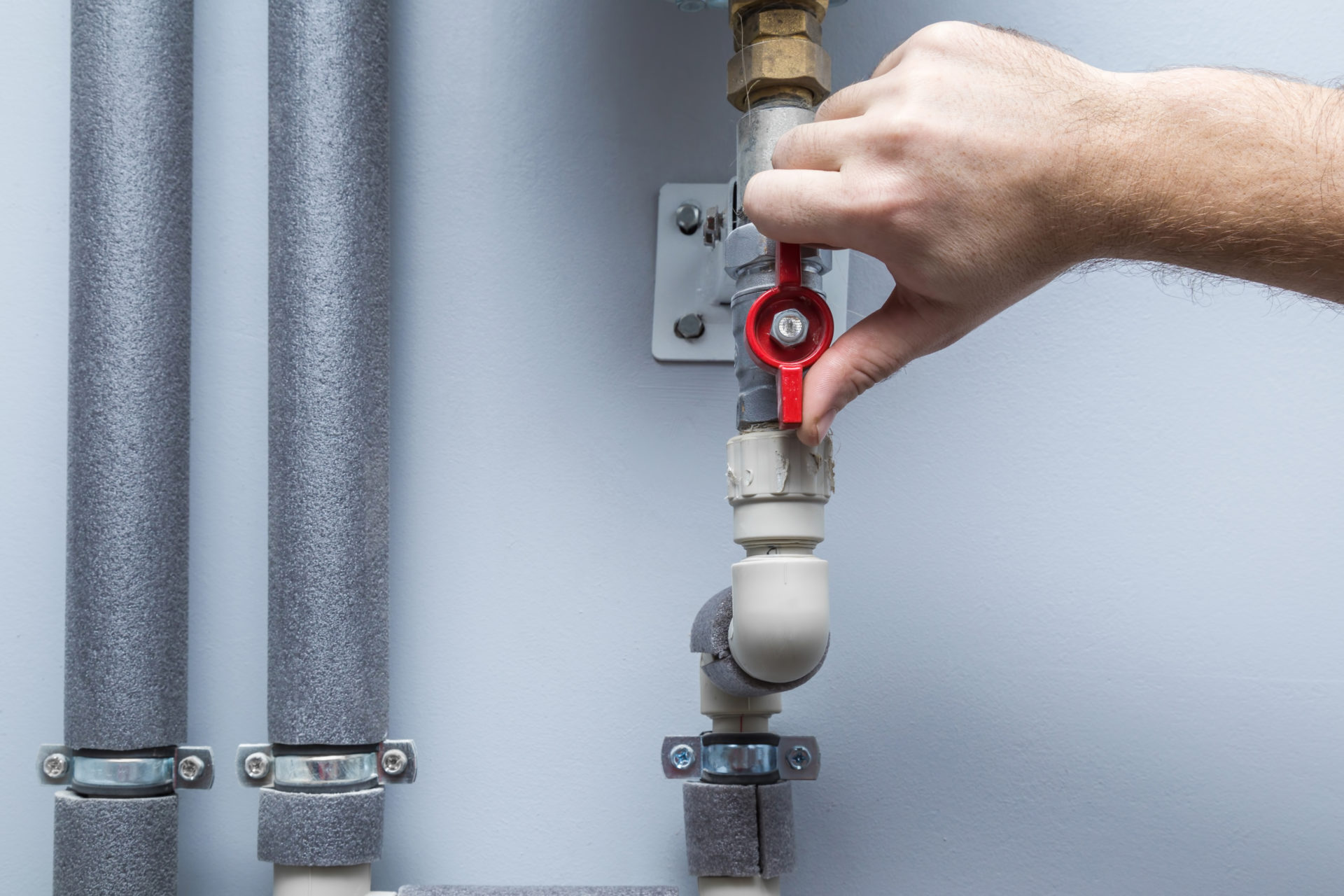
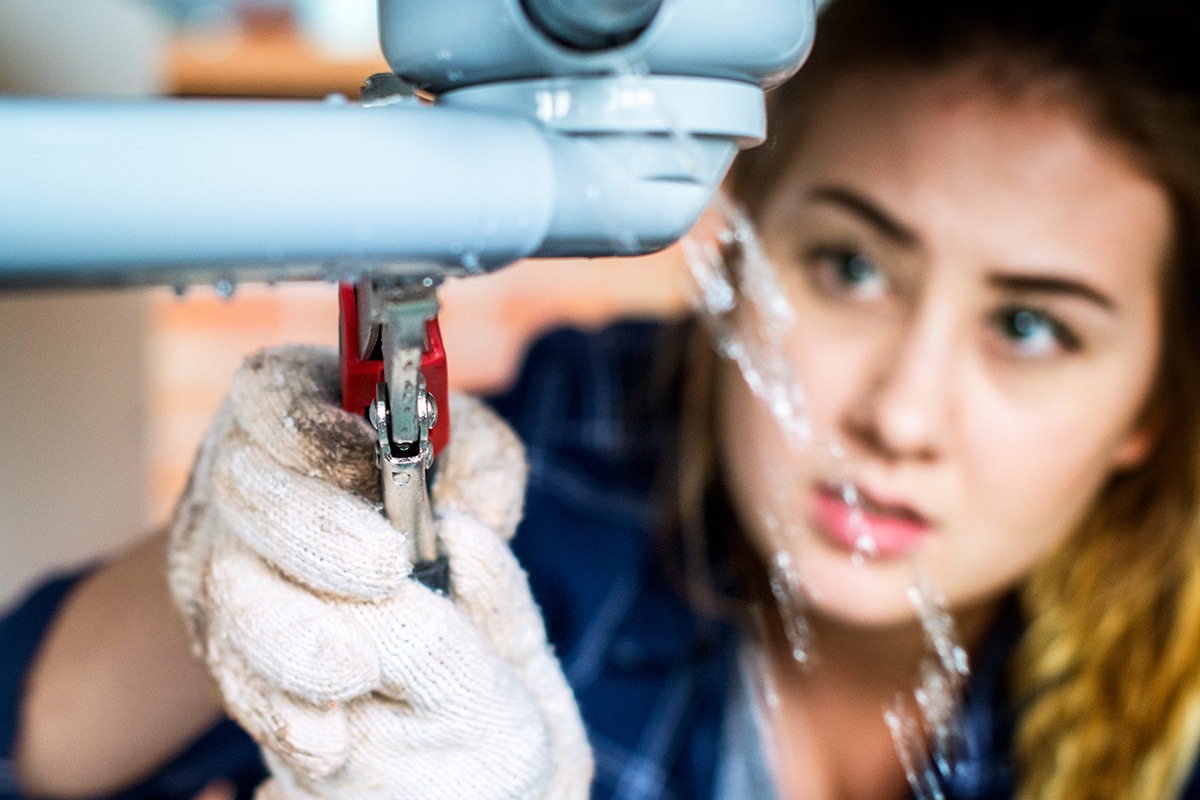
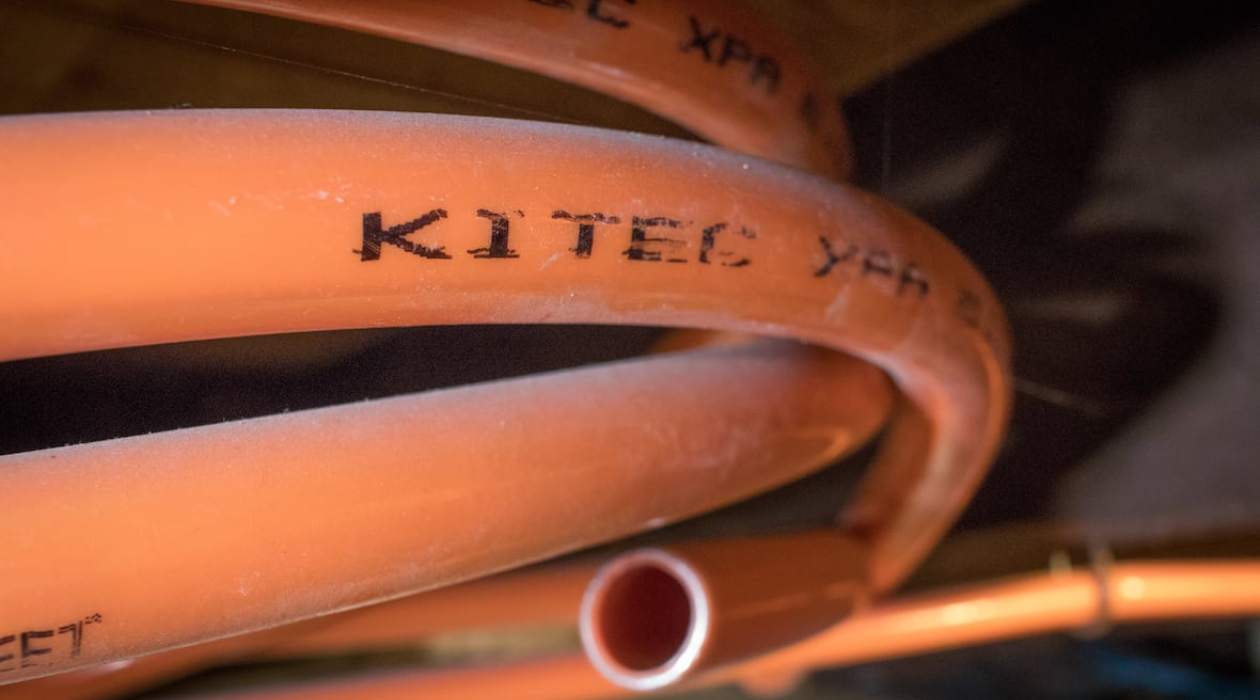
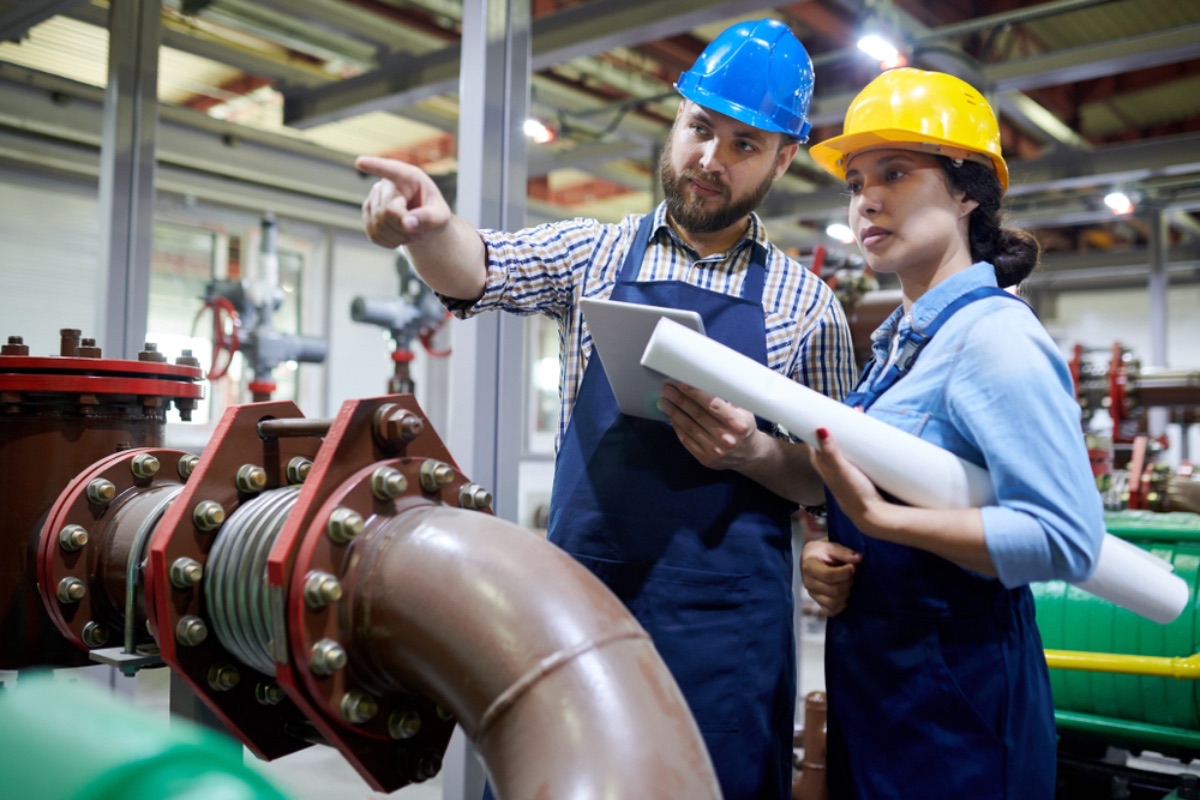
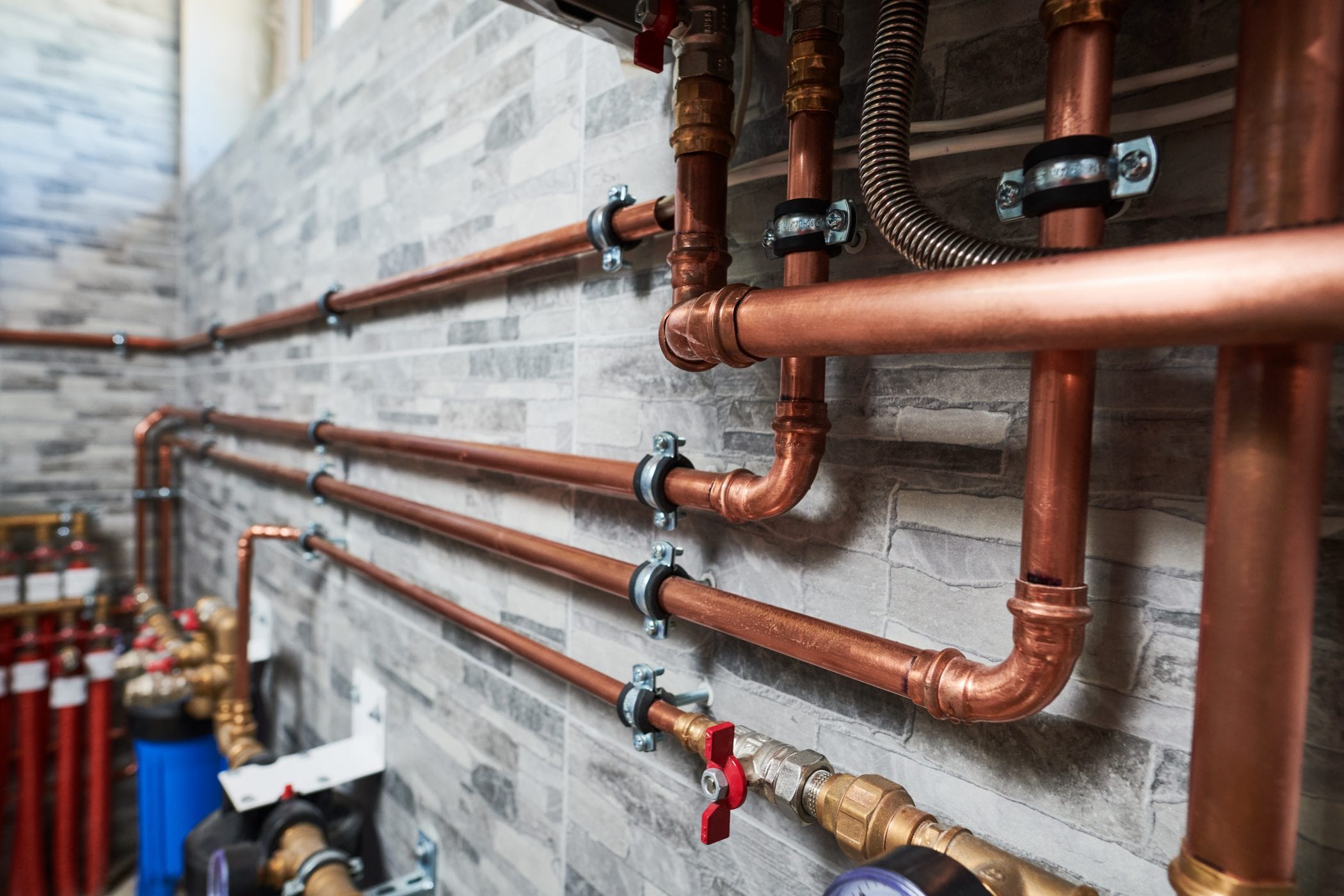
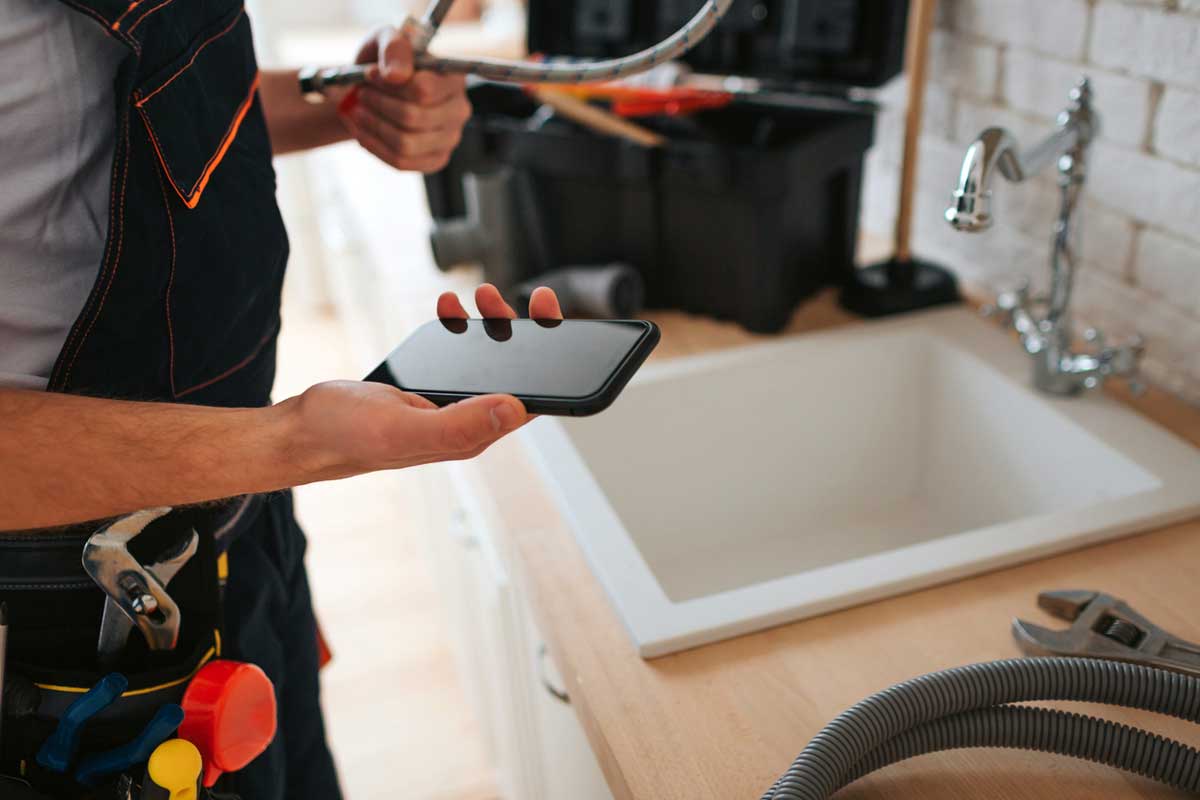
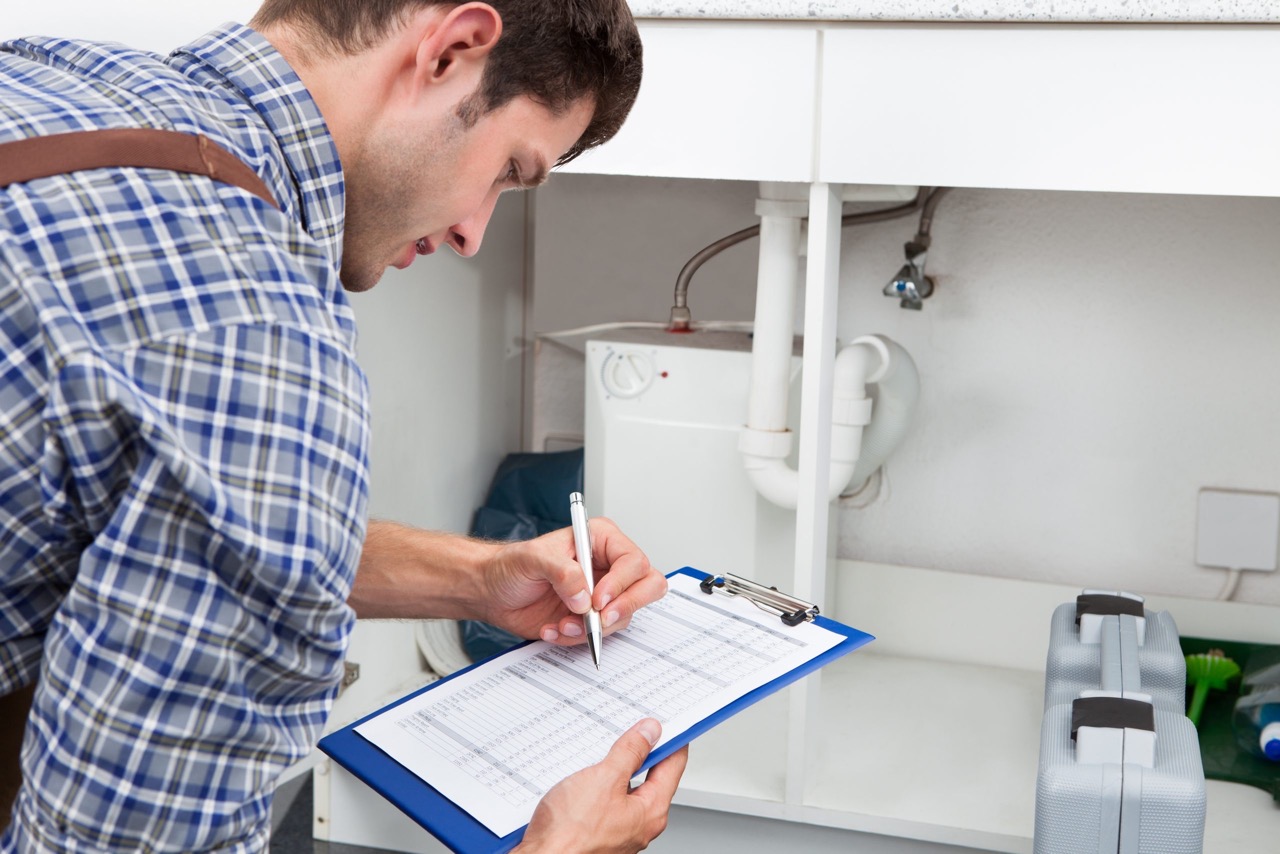
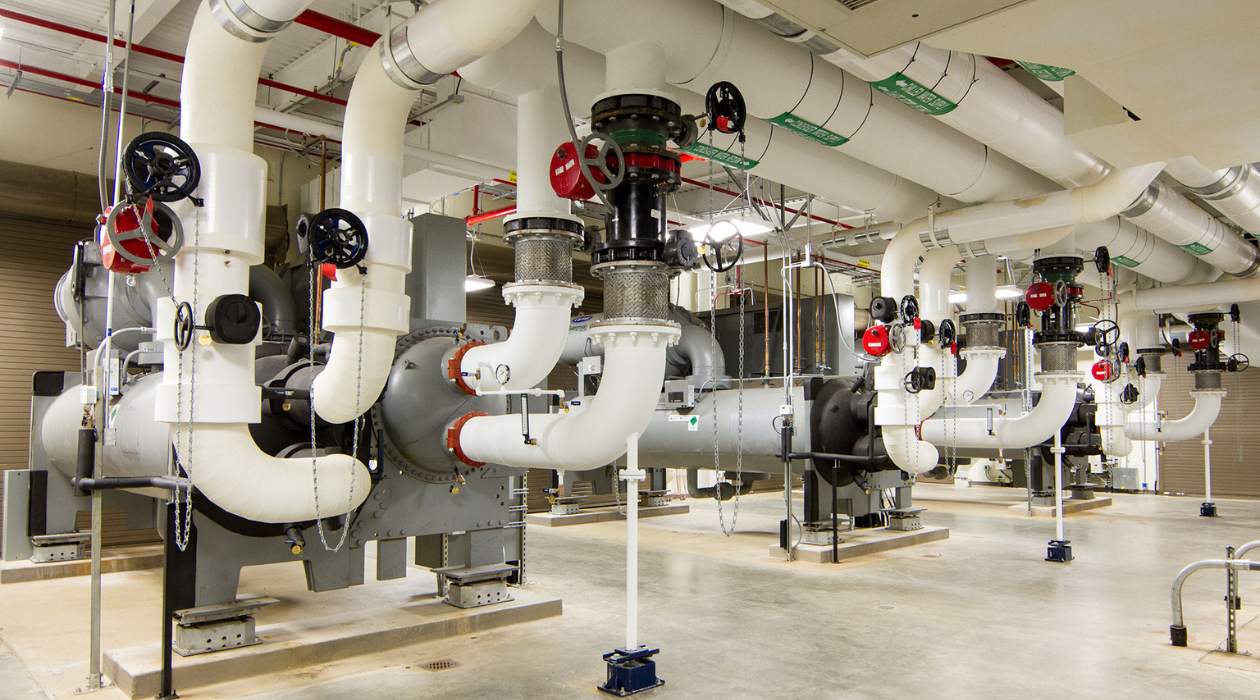
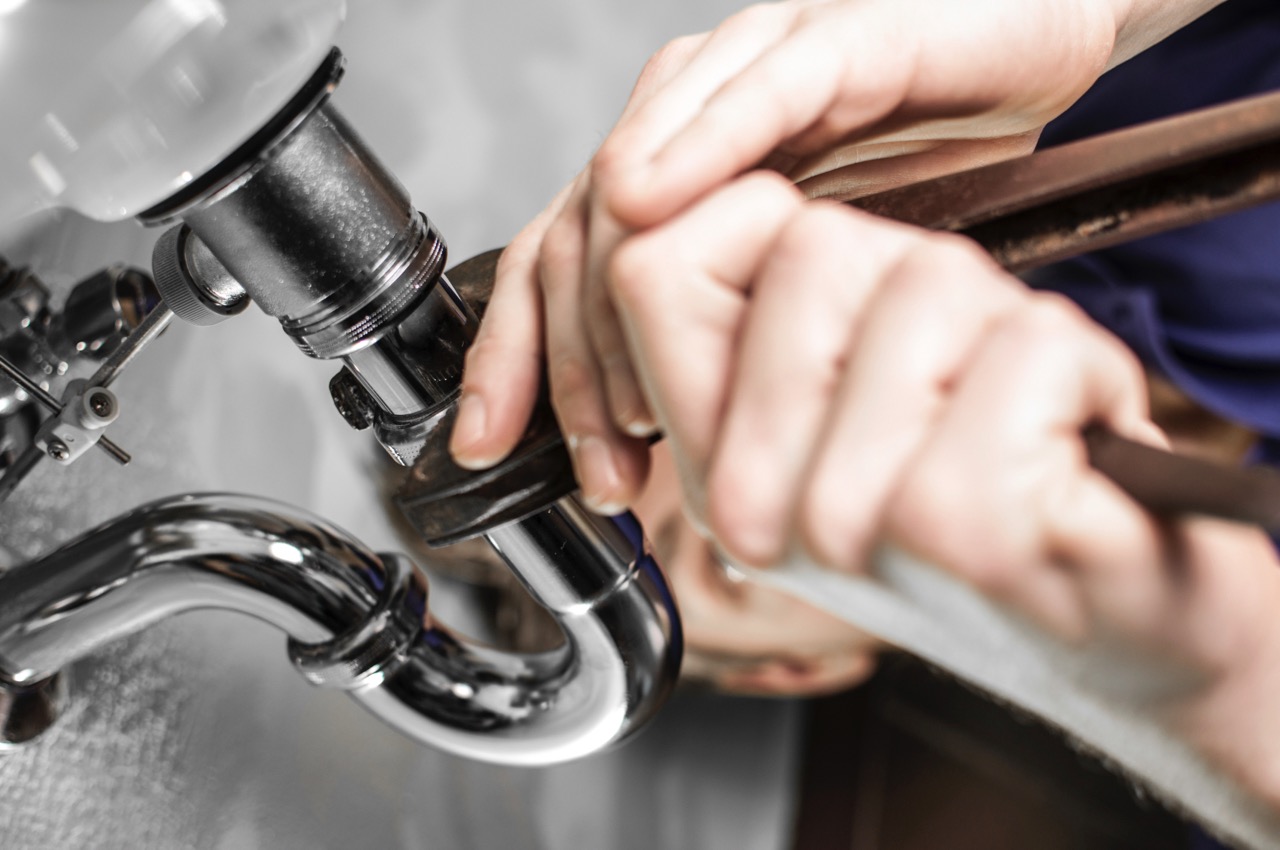
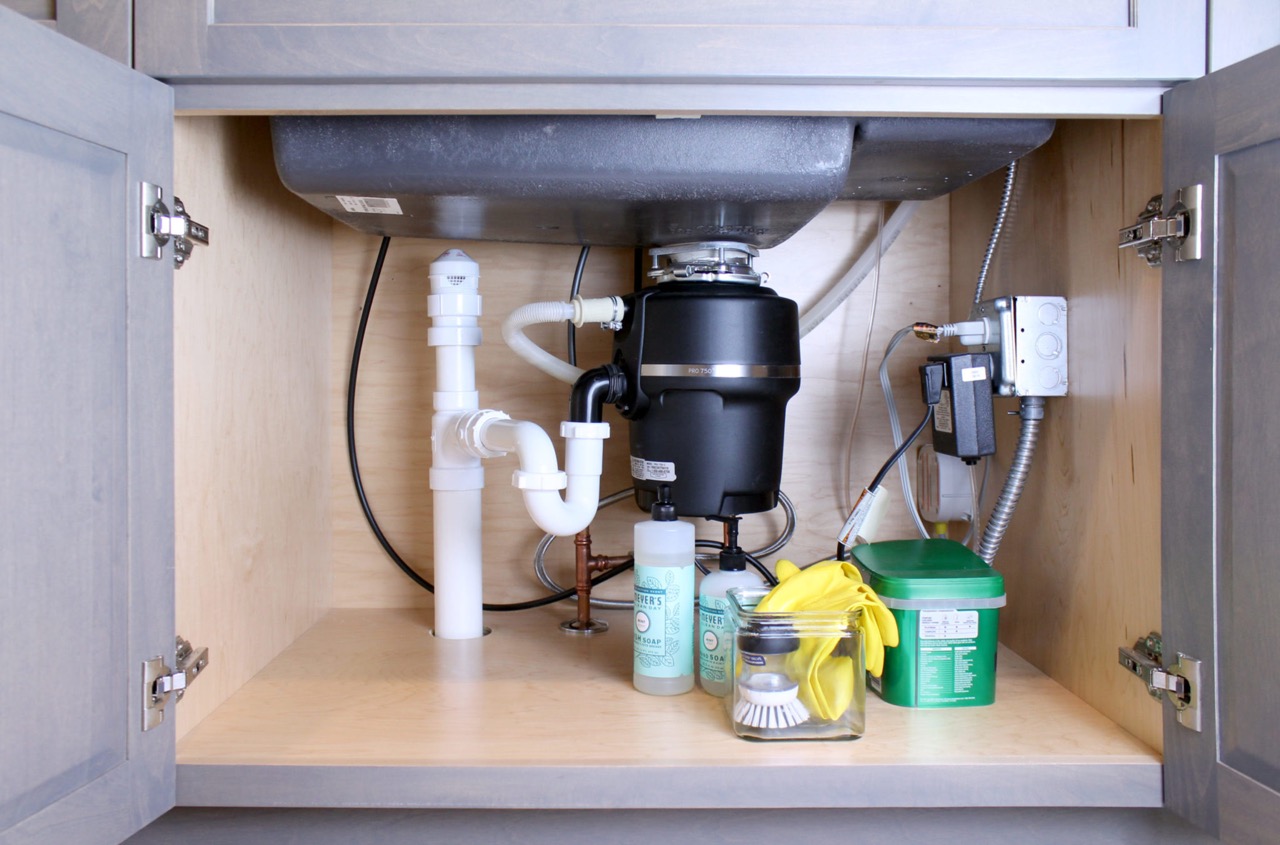

0 thoughts on “What Is Plumbing?”